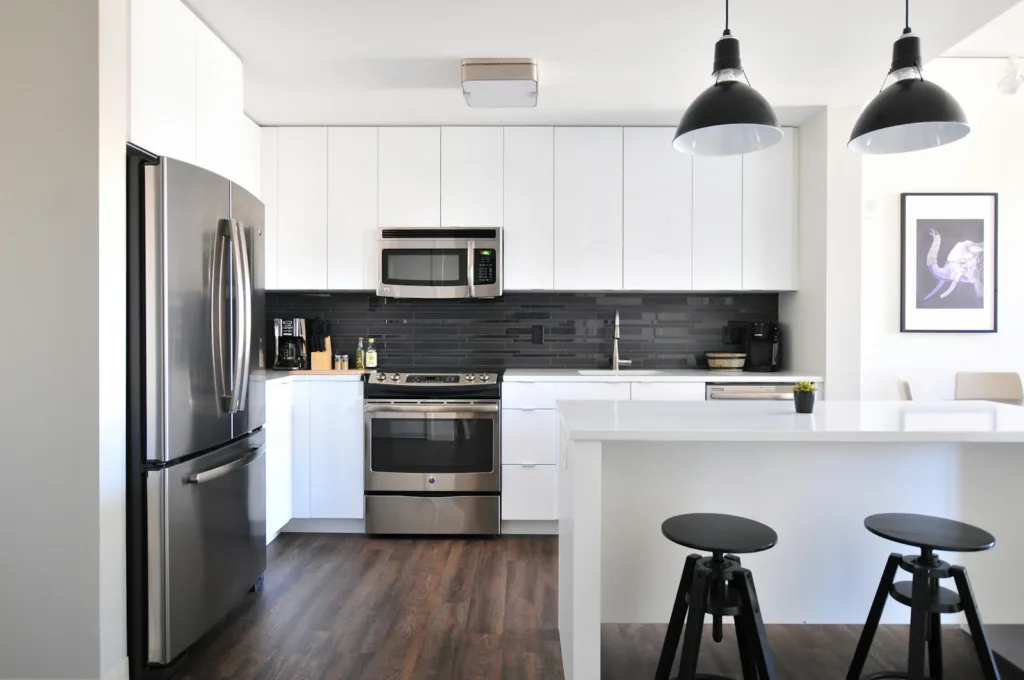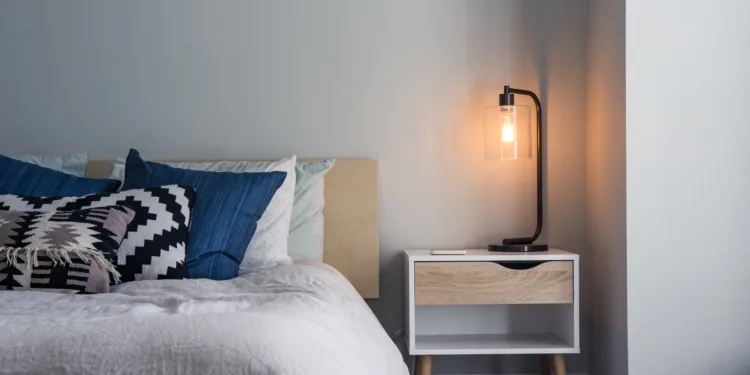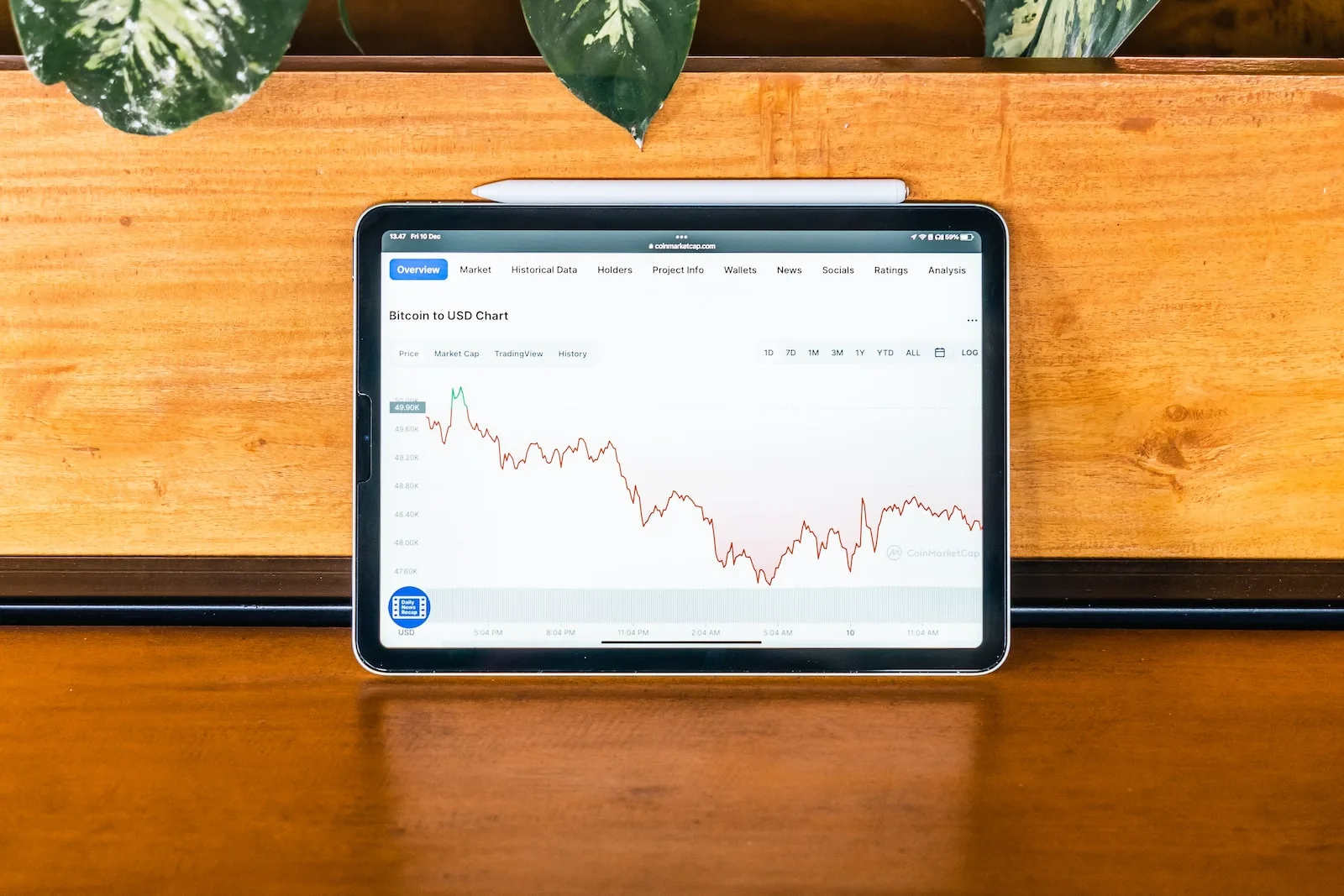The question of “renting vs buying a home” is one that confronts many individuals when they’re deciding on the best housing solution. The choice is not straightforward, as there are various factors to consider, including financial situation, lifestyle preferences, and long-term goals. This guide aims to provide you with all the necessary information to make an informed decision.
Overview: Renting vs Buying
The American Dream often includes owning a home, but does it make sense for everyone? While buying a home is viewed as a significant investment, renting offers flexibility and predictable expenses. The choice between renting or buying is based on your unique circumstances, and understanding the advantages of each can help you make an informed decision.
Key Takeaways
- 1. The decision of renting or buying a home depends on your financial situation, lifestyle, and personal goals.
- 2. Renting offers flexibility, predictable monthly expenses, and less responsibility for maintenance.
- 3. Homeownership provides a sense of stability, pride of ownership, tax deductions, and the opportunity to build equity.
- 4. Renting doesn’t mean you’re wasting money every month, and owning doesn’t always guarantee wealth accumulation in the long run.

In-depth Analysis: Renting a Home
The Myth about Renting
One of the biggest misconceptions about renting is that you’re wasting money every month. However, renting is not synonymous with throwing away money. After all, you need a place to live and that always costs money. While it’s true that you aren’t building equity with monthly rent payments, not all of the costs of homeownership always go towards building equity.
Monthly Housing Costs
When you rent, you know exactly your housing costs each month. This amount is indicated on your lease so you can plan accordingly. As a renter, you may face rent increases each year, but you’re not responsible for unexpected maintenance costs or property taxes.
The Flexibility of Renting
Renting means you’re able to move whenever your lease ends. This flexibility can be advantageous if your career or lifestyle involves frequent relocation. However, this also means you could have to move suddenly if your landlord decides to sell the property or increase the rent beyond your affordability.

In-depth Analysis: Owning a Home
The Tangible and Intangible Benefits
Homeownership brings both tangible and intangible benefits. Not only do you have your own home, but you can also make decisions about the look and design of the space, and you get a sense of stability and pride of ownership. However, it’s worth noting that the overall cost of homeownership tends to be higher than renting.
The Costs of Owning
Some expenses associated with homeownership include property taxes, trash pickup, water and sewer service, pest control, tree trimming, homeowners insurance, and other potential costs depending on your location and property type.
Building Equity
Homeownership is often touted as a way to build wealth. As you pay off your mortgage, you gradually accumulate equity in your home. However, it’s crucial to remember that factors like economic issues, maintenance, environmental concerns, outdated interiors, and exterior conditions can positively or negatively affect the value of your home.
Renting vs Owning: Key Differences
Property Values
Economic issues, maintenance, environmental concerns, outdated interiors, and exterior conditions can affect property values. For homeowners, these factors can influence the return on their investment. For renters, these factors may affect rental costs but don’t impact their financial investment in the property.
Tax Benefits
Homeowners may benefit from certain tax benefits, such as the home mortgage interest deduction. Renters, on the other hand, do not have access to these benefits. However, renters can still take the standard deduction available to all taxpayers.
Repairs and Maintenance
Homeowners are responsible for all repairs and maintenance, which can be costly. On the other hand, renters are usually not responsible for these costs, as they are typically covered by the landlord.
Time Commitment
Homeownership requires a significant time commitment, from dealing with repairs to managing regular maintenance. If you value your free time or travel frequently, the time commitment associated with homeownership may be more than you want to take on. Renting, on the other hand, requires less time commitment as your landlord is responsible for maintenance and repairs.
Special Considerations
The decision to rent or own depends on your financial situation. But it’s also about your comfort and vision for your future. Don’t let societal pressures dictate your decision. It’s also important to remember that practices like redlining that deter members of minority groups from owning a home are illegal.
Renting or Buying: Which is Better?
There is no definitive answer about whether renting or owning a home is better. The answer depends on your personal situation—your finances, lifestyle, and personal goals. You need to weigh out the benefits and the costs of each option based on your income, savings, and lifestyle.
Renting vs Buying: The Costs
The cost of renting vs owning depends largely on how long you stay in the same house assuming economic factors follow historic trends. Generally speaking, it costs more to own a home, at least in the short term, than to rent. That’s why potential owners need to think about how long they will plan to stay in their newly acquired residence and whether that suits their long-term plans.
Renting vs Buying: Other Factors
Cost is not the only factor to consider when deciding between renting and buying. Some factors are obvious such as financial readiness, job security, and the state of the housing market. Each of these factors should be carefully considered before making a decision.
Renting vs Buying a Home: The Final Verdict
The decision to rent or buy is far from a simple matter of which is less expensive. Everything from tenure, finances, location, housing availability, interest rates, job security, and much more are all a part of the decision-making process.
One thing is sure, don’t rush into anything, especially buying since it is a much more complicated process. Give yourself time to go through all the elements, conduct research, and get to know yourself and your life goals.
In conclusion, the choice between renting or buying a home is a complex decision that depends on a multitude of factors. It’s crucial to thoroughly analyze your personal circumstances, financial situation, and long-term goals before making a decision. By doing so, you can ensure that your choice aligns with your lifestyle and financial aspirations, helping you live a rich life.






